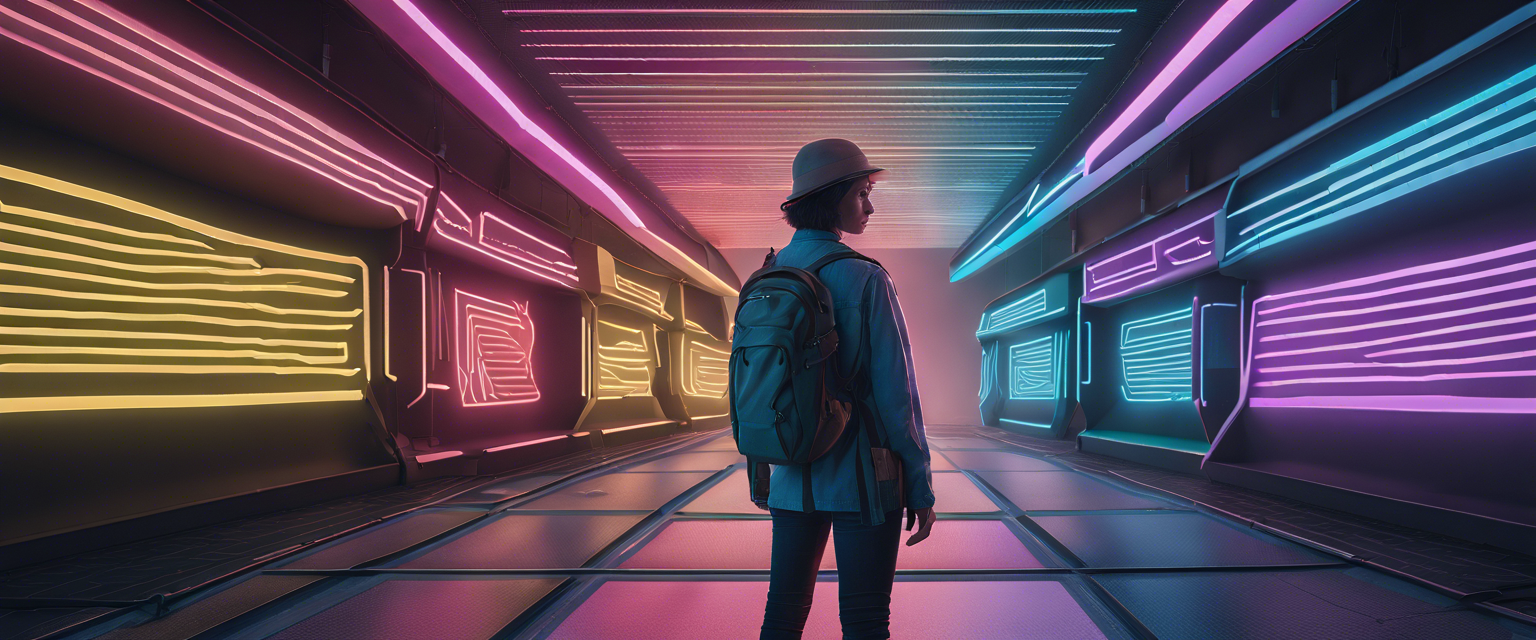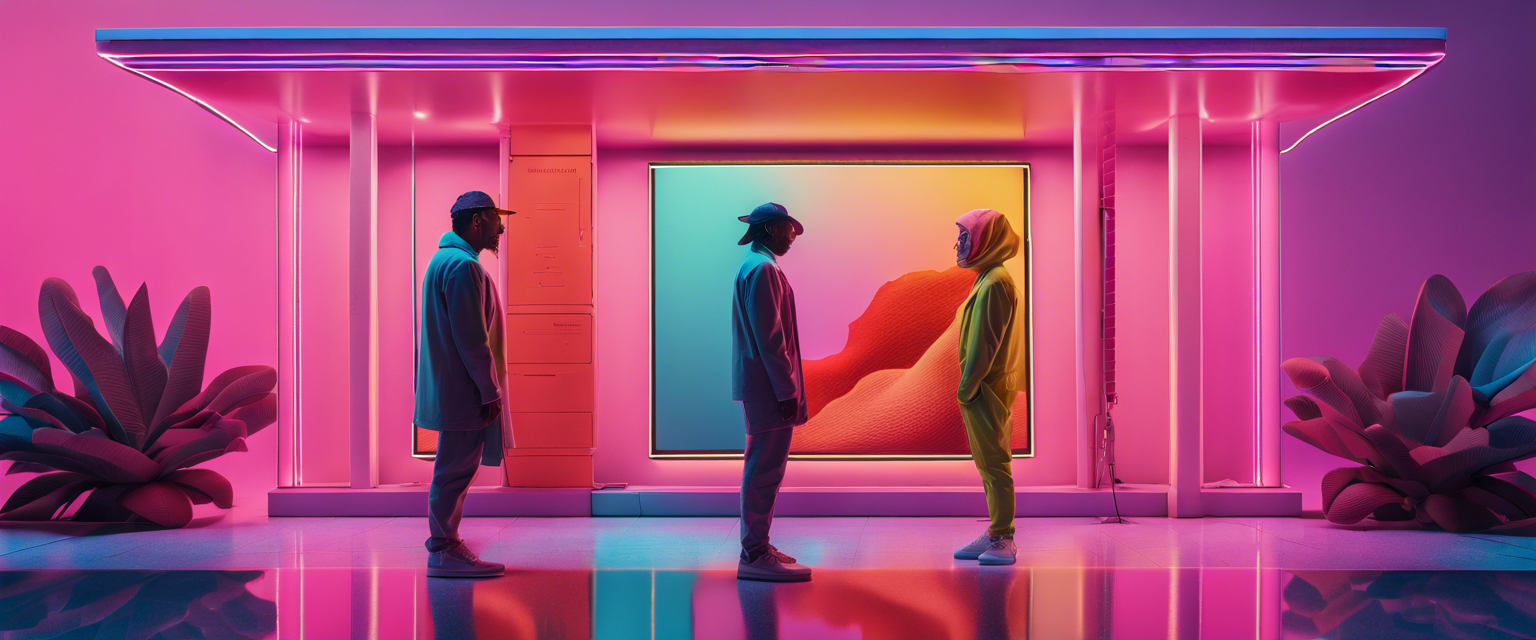Introduction to Stable Diffusion and Lexica
Welcome to this Stable Diffusion tutorial! With the emergence of the open-source Stable Diffusion AI model, creating stunning images has become accessible to everyone, leading to a surge in what's popularly known as AI-generated art.
What is Lexica?
This tutorial will introduce you to Lexica, a groundbreaking image search engine specifically designed for Stable Diffusion. With millions of images indexed, Lexica allows users to explore a vast array of visually captivating creations. Whether you want to find inspiration or integrate an API into your project, Lexica provides the tools to facilitate both.
Benefits of Using Lexica
- Access to a comprehensive library of AI-generated images without needing to create them manually.
- Significantly reduces the computational power and time required for image generation.
- Developed by Sharif Shameem, making Stable Diffusion prompting more scientifically approachable.
How to Use Lexica
Visit www.lexica.art to get started. The interface is user-friendly, allowing you to search for images effortlessly.
Searching for Images
To search, simply enter any prompt into the search bar. It could be a keyword, a sentence, or even a full paragraph. Lexica will return images related to your query.
Generating Images
Lexica is not merely a search engine; it also allows image generation. Type in your desired prompt and click on the generate button. You can customize the generation by adjusting parameters like width, height, and seed. Additionally, the platform allows you to specify elements you'd like to exclude from your image.
Using Lexica with the API
The Lexica API enables developers to programmatically access the image database.
Search API
To utilize Lexica's search API, create a GET request with a query parameter q for your search term.
GET https://lexica.art/api/v1/search?q=applesExample Request
Searching for the term "apples" would look like the above code. The API response includes a JSON object with an array of 50 image results.
Reverse Image Search
Lexica also offers a reverse image search feature. This means you can upload an image URL, and the service will return similar images from its database.
GET https://lexica.art/api/v1/search?q=https://media.gettyimages.com/photos/crete-senesi-countryside-in-summer-tuscany-italy-picture-id1411845730Tips for Using Stable Diffusion
If you're interested in crafting effective prompts for image generation, consider checking out our dedicated Stable Diffusion prompt guide.
Additionally, if you're aspiring to innovate or create a Stable Diffusion-based tool of your own, consider participating in our Stable Diffusion AI Hackathon.
Conclusion
By utilizing resources like Lexica and Stable Diffusion, you can tap into the immense potential of AI-generated art. Whether for inspiration, project development, or just creative exploration, these tools are set to revolutionize the way we engage with digital imagery.



اترك تعليقًا
تخضع جميع التعليقات للإشراف قبل نشرها.
This site is protected by hCaptcha and the hCaptcha Privacy Policy and Terms of Service apply.